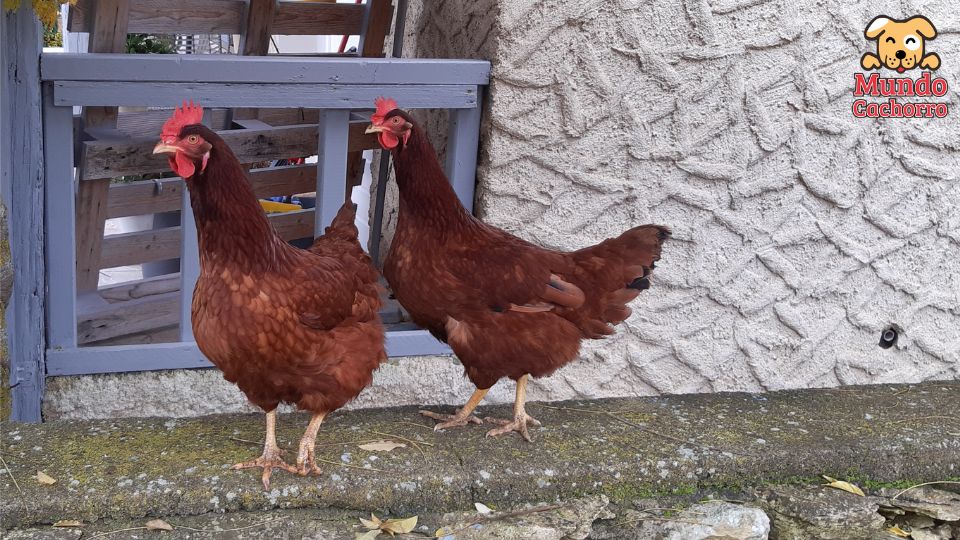Keeping chickens at home can be quite an adventure. These cute little animals are not complicated to take care of, and besides, they can give you delicious organic eggs every day. If the idea appeals to you, take note of the tips we leave in this post to have a small chicken coop at home.
Indice
The space
You may have the idea that chickens need huge spaces to do well, but the reality is that some smaller species of hens need as little as five feet of space per hen. If your house does not have much space, you can allocate about five square meters for three small hens.
Keeping a pet duck: What you need to know
What you should keep in mind is that the more you let them roam and peck in the open air, the happier your chickens will be. In turn, this will cause them to lay a greater number of eggs. It’s just that a happy hen will lay more eggs than a stressed hen. This means that a small garden of a house can be enough space for your hens to peck around.
The equipment
The basic equipment for keeping chickens at home should include a few things, among them:
- Wooden chicken coop with ventilation grill. It should have poles to sit on and a socket to place a lamp in winter.
- The substrate of the poultry house can be composed of sand or dry straw.
- Good quality special feed for hens
- Water and food dispensers made of plastic material. It is recommended that they are easy to clean
- Egg laying
Food
It is important that you provide your hens with good quality feed. One recommendation may be to give them mixtures of grain and milling. In addition, an important part of your hens’ diet is what they can hunt when they are free-ranging, such as small berries, worms, snails and also all kinds of insects. So you will have to provide other things to supplement their diet while in captivity.
What do I need to have a chicken coop?
You can give them leftovers of almost any vegetable, rice and hard bread. Leftover fruits and peels are also suitable, taking care that they are not in bad condition. You should not feed them moldy food. At certain times it is advisable to give them vitamin reinforcements.
Living in company
For domestic and residential environments, it is advisable to keep hens without roosters. Remember that roosters have the habit of crowing in the early morning and this may not be to the liking of your neighbors.
In any case, a coop with female hens works perfectly well and your hens will continue to lay eggs.
How many eggs a hen lays
Depending on the type and manner in which it is raised, a hen can lay an average of 200 eggs per year. Laying hens, which have been bred specifically for mass egg production, usually lay about 330 eggs per year.
In other words, if you intend to have a small farm that allows you to supply an average family of four with eggs, the ideal would be to have between three and four hens at home.








